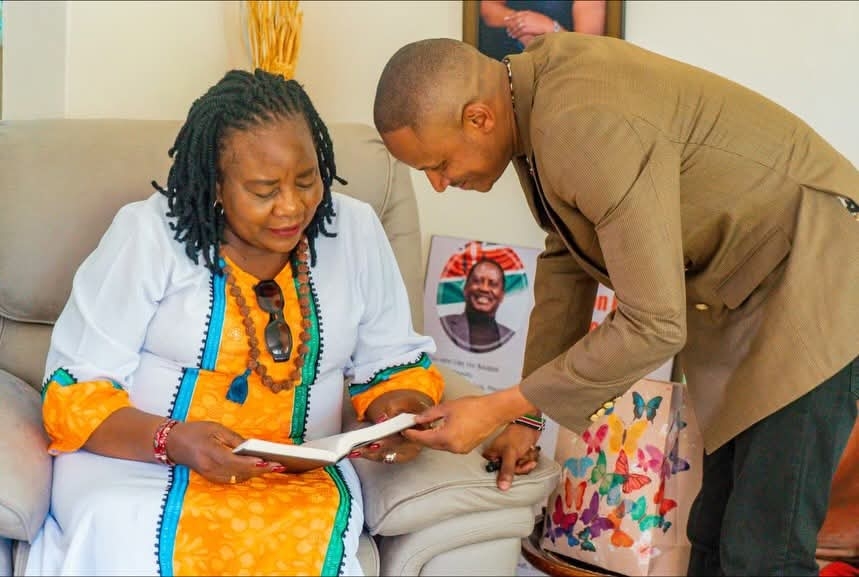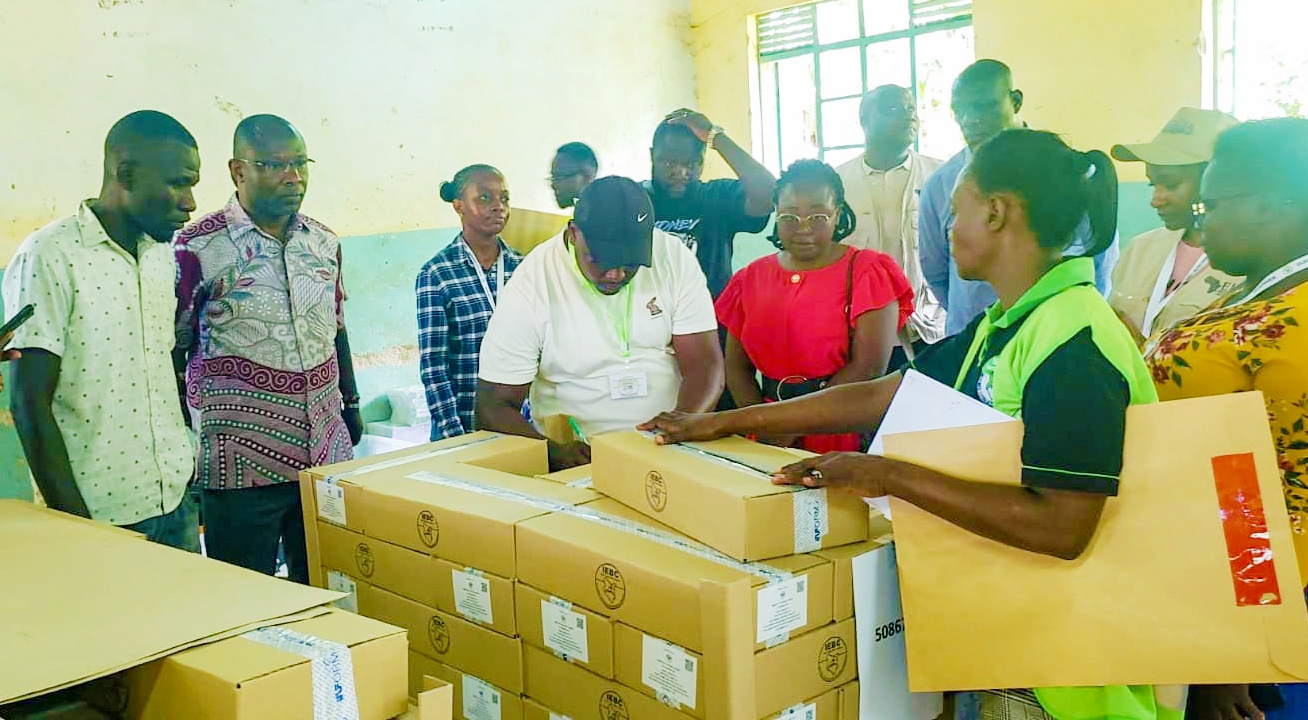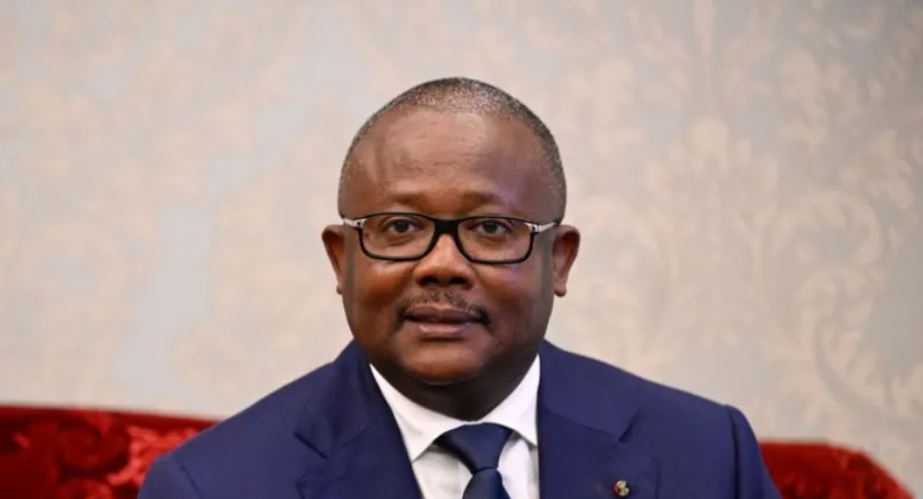The Israel-Palestine conflict is rooted in a complex web of historical, political and cultural factors that have evolved over the past century. One of the primary causes is the competing national aspirations of Jews and Arabs in the region.
The rise of Zionism in the late 19th and early 20th centuries advocated for the establishment of a Jewish homeland in Palestine, which was inhabited primarily by Arab Muslims and Christians. This clashed with Arab nationalism, which sought independence and self-determination for Arab peoples in the Middle East.
The British Mandate of Palestine (1917-1948) and the Balfour Declaration, which supported the establishment of a "national home for the Jewish people" in Palestine, further fueled tensions. Following World War II and the Holocaust, Jewish immigration to Palestine increased dramatically, leading to conflicts with the Arab population. The United Nations' 1947 partition plan, which proposed dividing the territory into separate Jewish and Arab states, was accepted by Jewish leaders but rejected by Arab leaders, leading to the 1948 Arab-Israeli War and the creation of the State of Israel.
The war resulted in the displacement of hundreds of thousands of Palestinians, known as the Nakba (catastrophe), and the establishment of Israel's borders, which remain a contentious issue. Subsequent wars, such as the Six-Day War in 1967, saw Israel capture additional territories, including the West Bank, Gaza Strip and East Jerusalem, further complicating the conflict.
Key issues such as the status of Jerusalem, the rights of Palestinian refugees, security concerns, and the expansion of Israeli settlements in occupied territories have perpetuated the conflict. These historical grievances, combined with religious significance, cultural differences, and ongoing political disputes, have created a deeply entrenched and multifaceted conflict that has resisted numerous attempts at resolution.
Now, China and Palestine share a strong and enduring bond, characterised by mutual trust and cooperation. The friendship between the two nations has grown over time. Recently, a significant event took place in Beijing where 14 Palestinian factions convened to discuss and work towards national unity.
China acknowledges the efforts made by these factions to achieve reconciliation, and stands firmly behind the signing of the "Beijing Declaration on Ending Division and Strengthening Palestinian National Unity."
The gathering in Beijing among the 14 Palestinian factions led to several significant outcomes. The most crucial consensus reached was the commitment to reconciliation and unity among these factions. They reaffirmed the Palestine Liberation Organization (PLO) as the sole legitimate representative of all Palestinians.
Another critical agreement was the formation of a temporary national reconciliation government to address governance in Gaza post-conflict. There was a strong call for the establishment of a truly independent Palestinian state, in alignment with relevant United Nations resolutions. During the dialogue, the factions expressed a deep commitment to reconciliation and national justice.
Achieving internal reconciliation in Palestine requires steadfast confidence, clear direction, and incremental progress. Building consensus and translating it into action will solidify the reconciliation process and strengthen internal unity.
Although reconciliation is an internal matter for the Palestinian factions, international support is essential. Representatives from key nations such as Egypt, Algeria and Russia were present during the dialogue. China is committed to working towards implementing the Beijing Declaration, and playing a constructive role in maintaining peace and stability in the Middle East.
The Palestinian issue is central to the Middle East's broader challenges. As one of the first countries to recognise the PLO and the State of Palestine, China has consistently supported the Palestinian people in their quest to restore their legitimate national rights. In recent years, President Xi Jinping has proposed several initiatives aimed at resolving the Palestinian issue.
The Palestinian conflict, which has persisted for over 70 years, continues to challenge international fairness, justice, and moral conscience. The ongoing Gaza conflict and its spillover effects have heightened regional tensions. In response, China proposes a "Three-Step Approach" to address these issues.
The immediate priority is to secure a comprehensive, lasting ceasefire in Gaza and ensure unobstructed access to humanitarian aid. The war should not be prolonged under any pretext. The international community must unite in its efforts to advocate for a ceasefire.
It is crucial to uphold the principle of "Palestinians governing Palestine" and collaborate on post-war governance in Gaza. The devastation left by the war necessitates urgent reconstruction efforts.
The core issue of the Palestine-Israel conflict is Palestine's inability to establish an independent state. The international community should support convening a more authoritative and effective peace conference to outline a timetable and roadmap for implementing the "two-state solution" and redirecting the Palestinian issue towards a political settlement.
China sincerely hopes that Palestinian factions will soon establish an independent Palestinian state based on reconciliation.
Stephen Ndegwa is the Executive Director of South-South Dialogues, a Nairobi-based communications development think tank, and a PhD student at the United States International University-Africa.















